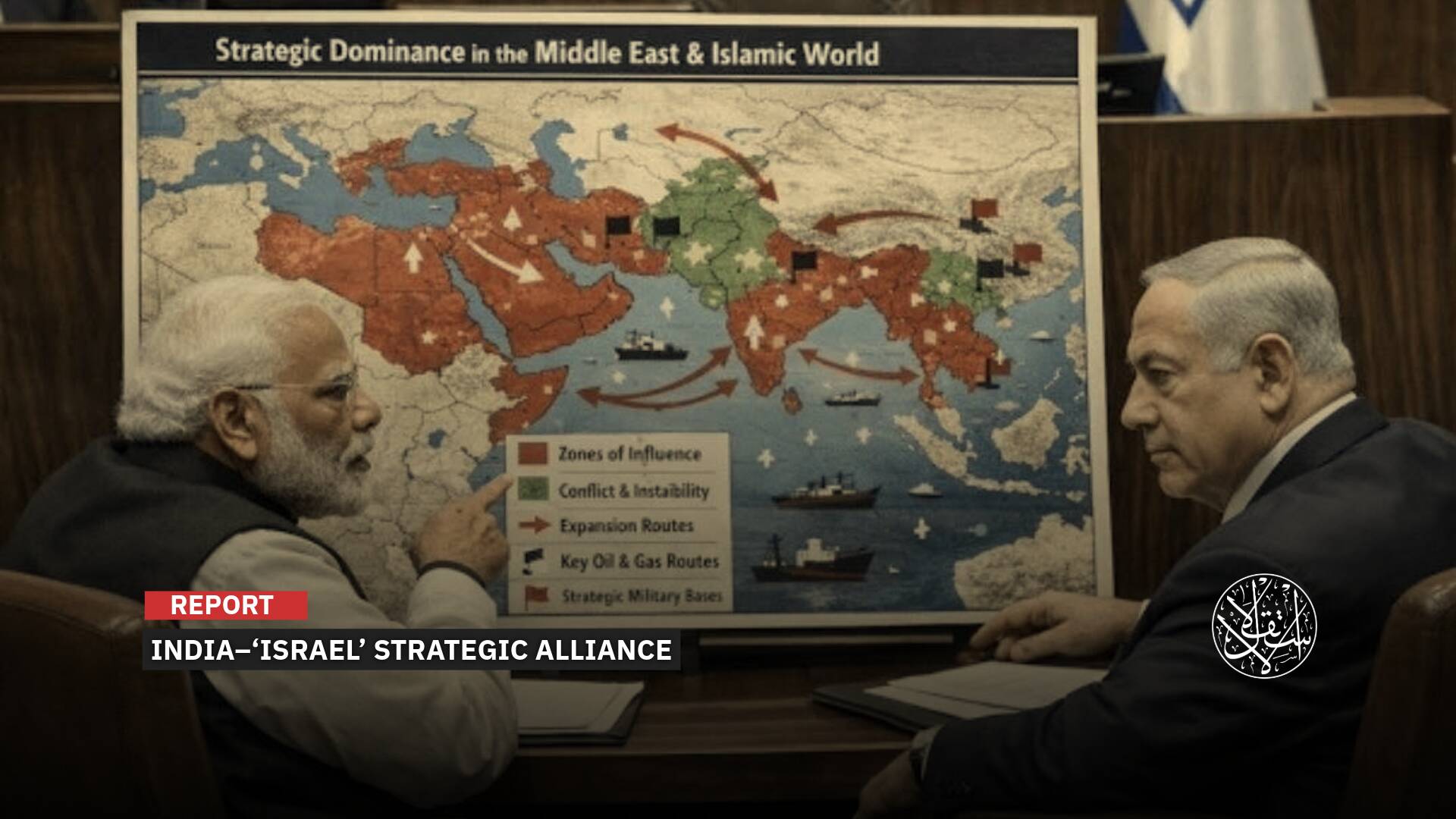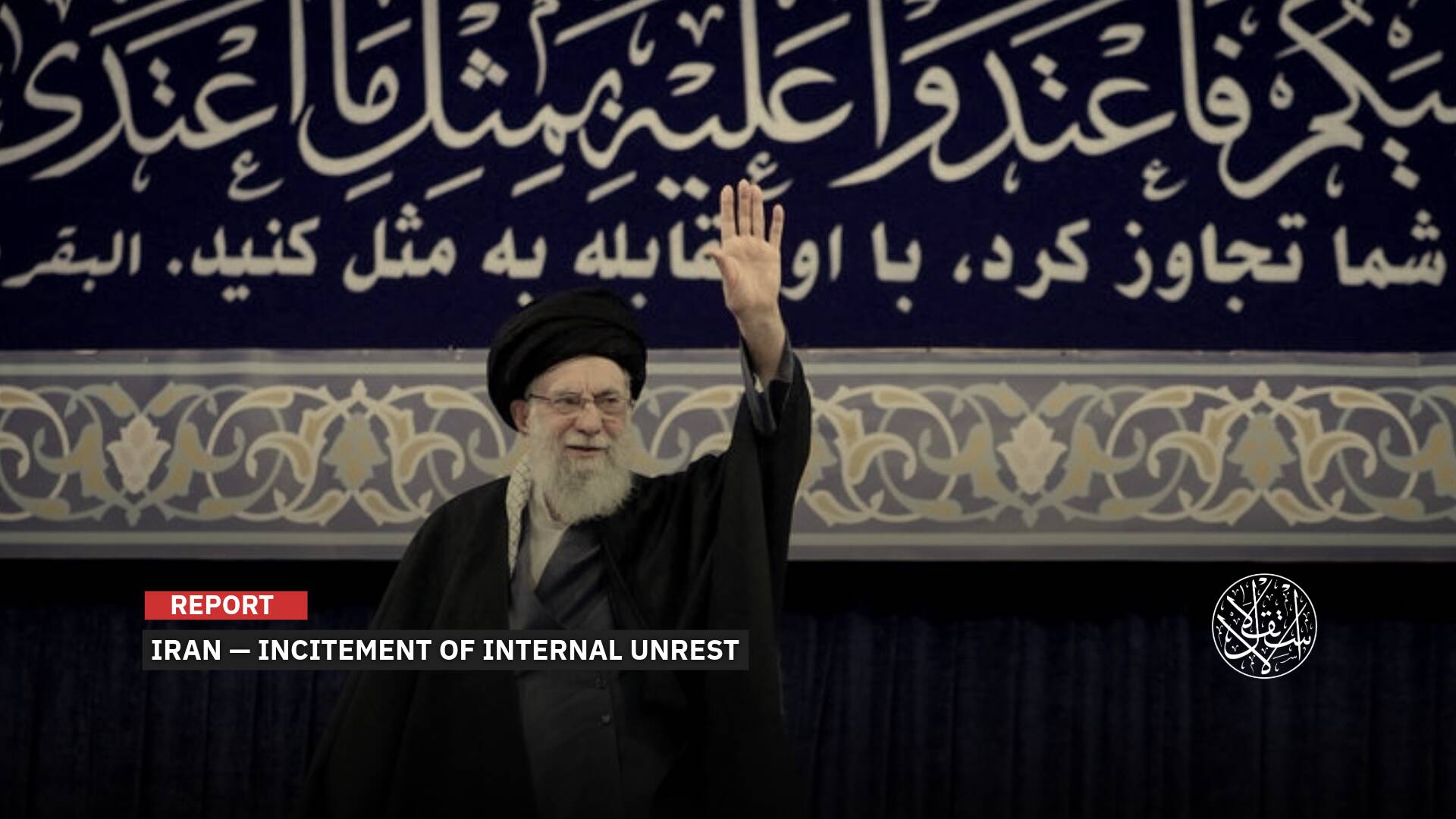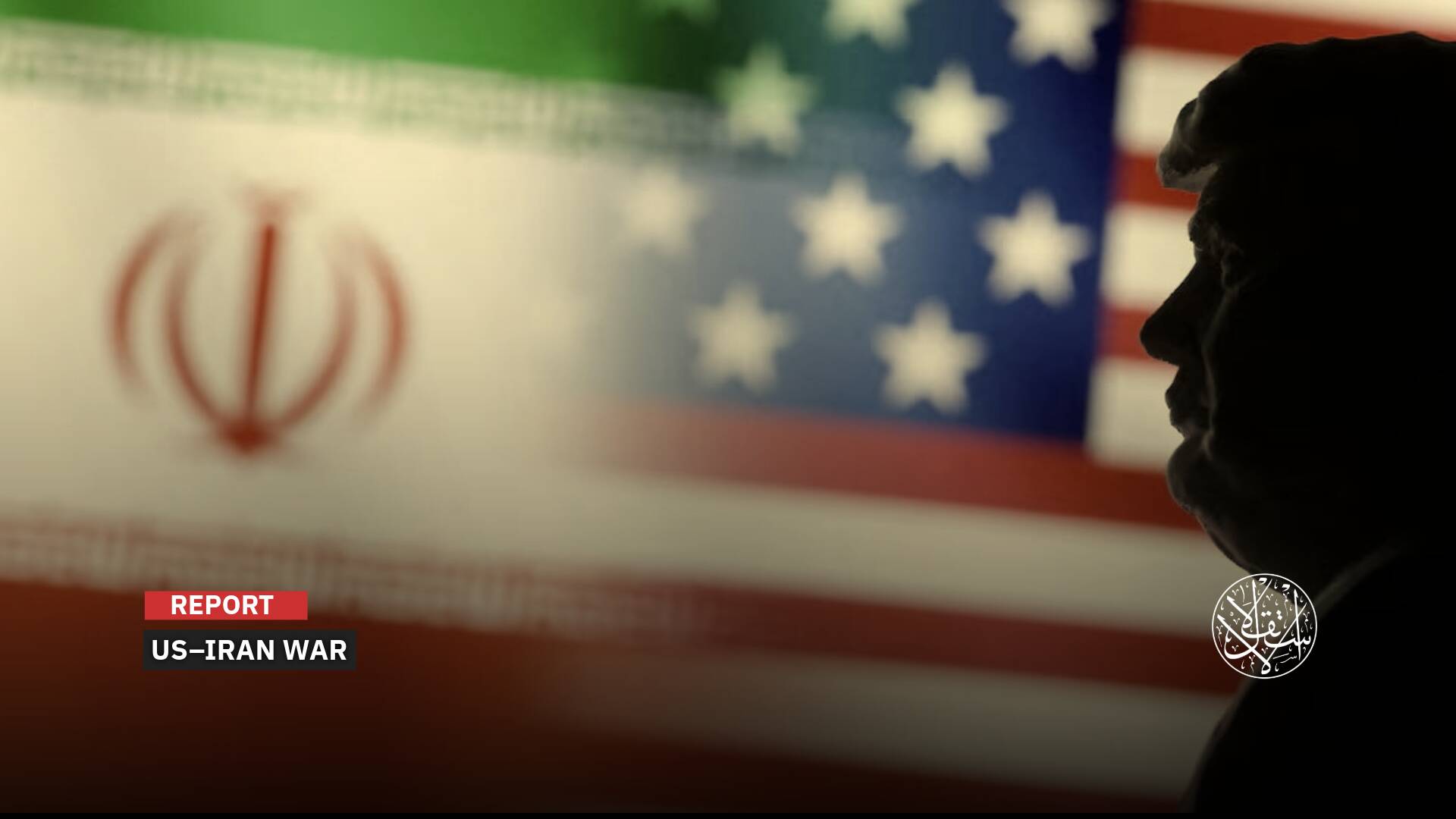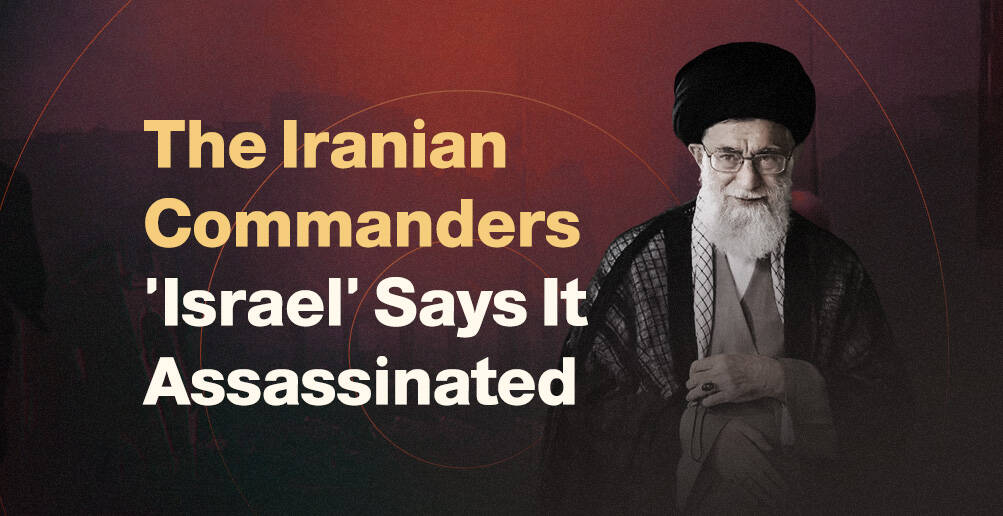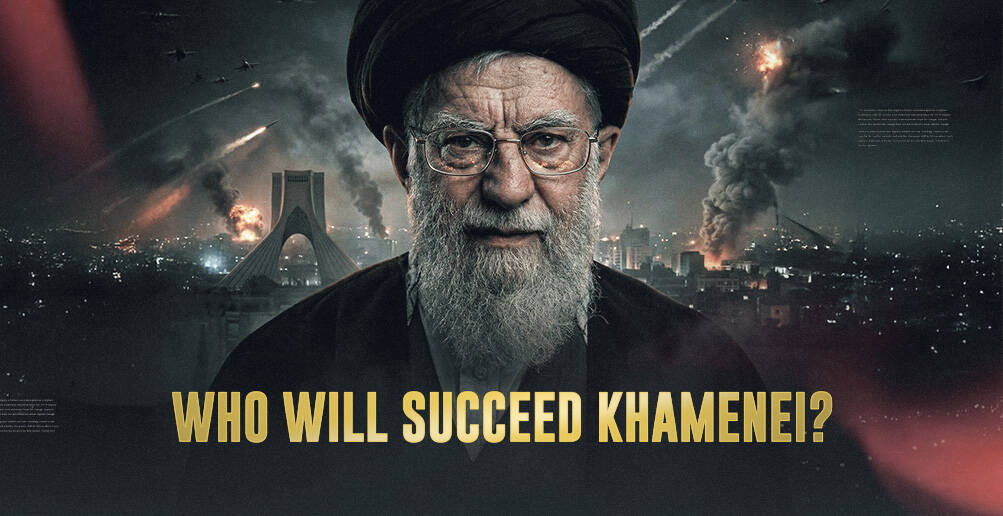A Country With a Great History: This Is How Mauritania’s Dignity Was Lost at Trump’s Doorstep
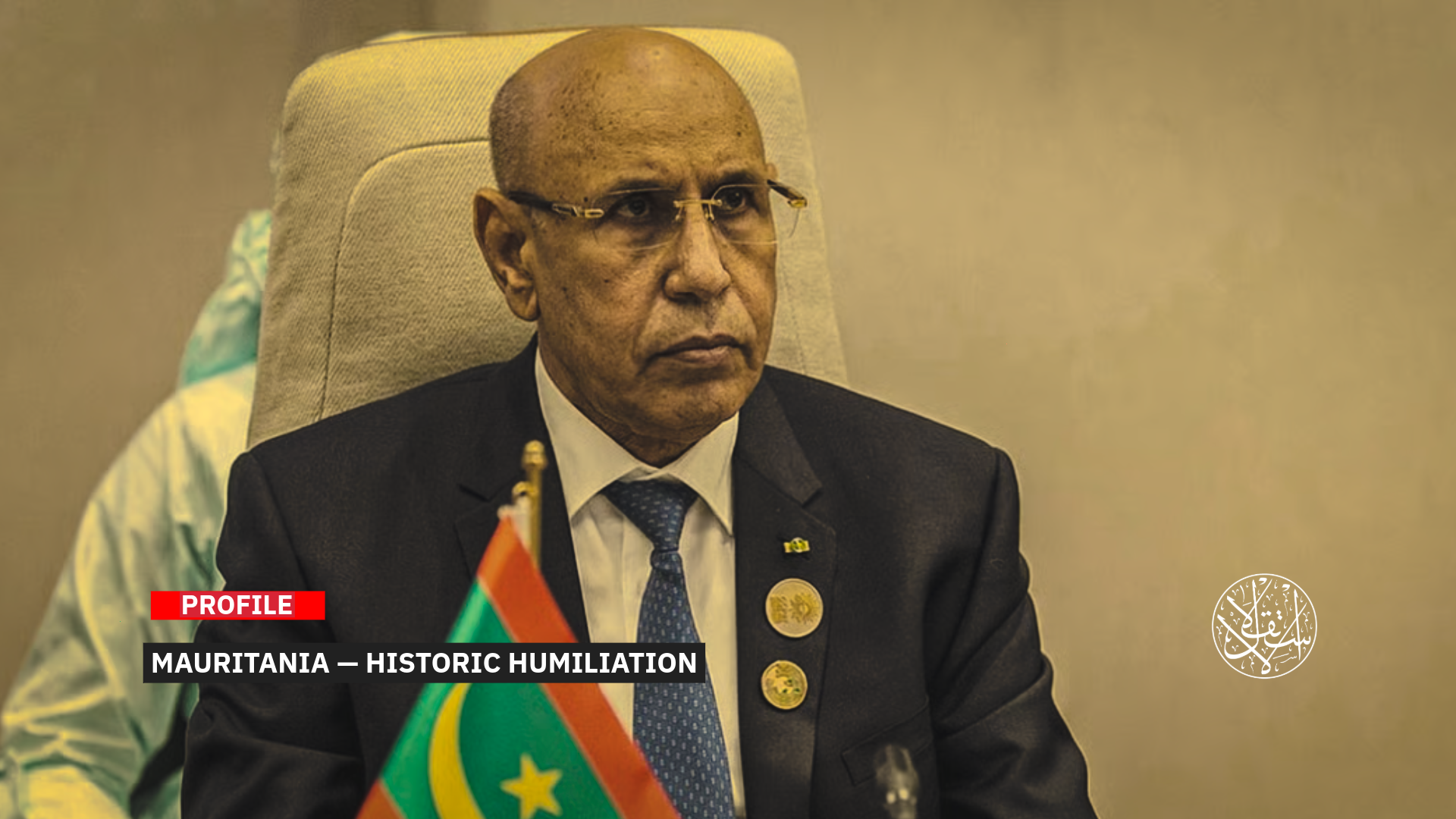
The Mauritanian presidency remained silent, despite the public interest the incident sparked.
In a scene that sparked a storm of controversy, what was meant to be a diplomatic encounter between U.S. President Donald Trump and five West African leaders quickly morphed into what resembled a “summons session” in the Oval Office.
Mauritanian President Mohamed Ould Cheikh el Ghazouani appeared as though standing before an uneven test — one that swiftly spiraled into what activists and observers have described as a moment of “public political humiliation.”
In a jarring moment, Donald Trump abruptly interrupted his Mauritanian counterpart mid-sentence, cutting in with a condescending tone, “If you could just say your name and your country, that would be great.”
The cameras were rolling, capturing the slight in full. Trump lounged behind the Resolute Desk, while the five West African presidents stood before him like guests awaiting instructions.
Among them was Mohamed Ould Cheikh el Ghazouani, silent and caught in an awkward smile — as if the remark hadn’t just been directed at the head of a sovereign state with a long and complex history.
The scene, captured on July 10, 2025, ignited a wave of public outrage in Mauritania.
For many, it wasn’t simply a “protocol misstep” — it was perceived as a deliberate act of political disdain.
What initially seemed like an undiplomatic slight quickly took on deeper resonance in the Mauritanian collective psyche, exposing a jarring contradiction that struck a nerve well beyond the surface of international decorum.
The nation whose president was humiliated on live television is the same land that gave rise to great civilizations and laid the foundations of storied empires that shaped Islamic history in their own distinct way.
Mauritania is no newcomer to the political map. It stands as a modern extension of what was once known as Chinguetti—a cradle of scholarship, Sufism, and resistance, and the birthplace of the Almoravid and Almohad dynasties, which left an enduring mark from West Africa to al-Andalus.
From Ould Ghazouani to Ibn Tashfin
The Mauritanian presidency remained conspicuously silent, offering neither clarification nor response, despite the widespread public outcry the incident provoked.
To many Mauritanians, that silence amounted to a second humiliation—an abdication of dignity at a moment demanding resolve.
For them, national pride is not reclaimed through soft diplomatic statements but through a clear recognition of the country’s historical weight and standing.
“If Ghazouani truly grasped the depth of Mauritania’s legacy, he would never have allowed himself to be silenced mid-sentence,” one commentator said.
What makes the scene all the more jarring, especially to those with a sense of history, is the striking irony: the country whose president was cut off before the world’s cameras—Mauritania—was once the heart of the most powerful Islamic empires in North Africa and al-Andalus.
It was from this very land that the Almoravids, Almohads, and Marinids emerged—formidable dynasties that reshaped Islamic civilization across continents.
It was across Mauritanian soil that the legendary commander Abubakr Ibn Omar al Lamtouni once marched, leading conquests that would spread Islam deep into sub-Saharan Africa.
It was here that the very concept of the ribat—a fortified frontier stronghold—was born, later commanding the decisive Battle of Sagrajas (1086 AD) under the leadership of Prince Yusuf Ibn Tashfin.
This formidable warrior altered the course of history by halting the Castilian advance into al-Andalus, leading his armies to repel Alfonso VI in one of the most famous battles that extended Islamic rule in Europe by four centuries.
It was this same leader whom al-Mu’tamid ibn Abbad, ruler of the Taifas, warned Alfonso VI of Castile, "I will send you a gust of Almoravid armies, which will come for you but never leave you."
Four Centuries of History
Reflecting on the stark contrast between Mauritania’s present-day humiliation and its illustrious past, one must turn to the seminal work of the distinguished Mauritanian historian Mokhtar Ben Hamid.
In his authoritative book, Life of Mauritania: Events of the Years — Four Centuries of Mauritania and Its Neighbors, published on 23 March 2012 and edited by Dr. Sidi Ahmed bin Ahmed Salem, Ben Hamid vividly chronicles the deep Islamic history that has unfolded on this land since the dawn of Islam.
Ibn Hamid notes that Islam first arrived in the land of Chinguetti—modern-day Mauritania—in the latter half of the first Islamic century, when the conqueror Uqba ibn Nafi led his forces into the region, followed by Musa ibn Nusayr.
The banner of Islam soon spread across the land, which rapidly embraced the new faith, leaving no room for any other religion.
The historian describes Mauritania, historically known as Chinguetti, not as a mere geographical margin as some might assume, but rather as the cradle of several of the greatest Islamic states to have shaped the western Islamic world.
It was once the heartland of the Marinid dynasty, followed by the Idrisids, founded by Idris ibn Abdallah ibn al-Hasan, who extended their influence across the broader Maghreb.
Later, Chinguetti emerged as the cradle of the Almohad dynasty, which followed in the footsteps of the Almoravids in spreading Islam, expanding its dominion over vast regions of the Maghreb and al-Andalus, and courageously confronting the Spanish Crusader invasions—an episode proudly etched in the annals of history.
Milestones of Glory
The book chronicles a defining moment of glory for the people of Chinguetti and their Almohad successors at the legendary Battle of Alarcos on 18 July 1195 (9 Sha’ban 591 AH).
There, Sultan Abu Yusuf Ya’qub al-Mansur led the Almohad armies to a resounding victory over the forces of Castile’s King Alfonso VIII.
According to the author, this was far more than a mere military clash; it marked a strategic turning point in the Islamic-Christian conflict in al-Andalus.
The triumph restored the Almohads’ prestige, secured their foothold in the Iberian Peninsula, and forced a humiliated Alfonso—who suffered a crushing defeat—to seek a truce with the Almohad ruler.
Historians have described this battle as having a psychological and military impact rivaling that of the Battle of Sagrajas (Zallaqah); it broke the back of Christian forces in al-Andalus and halted their advance for decades.
This victory reaffirmed that Islamic Morocco, along with its extensions in Mauritania, stood as a fortress defending Islam and a graveyard for the ambitions of invaders.
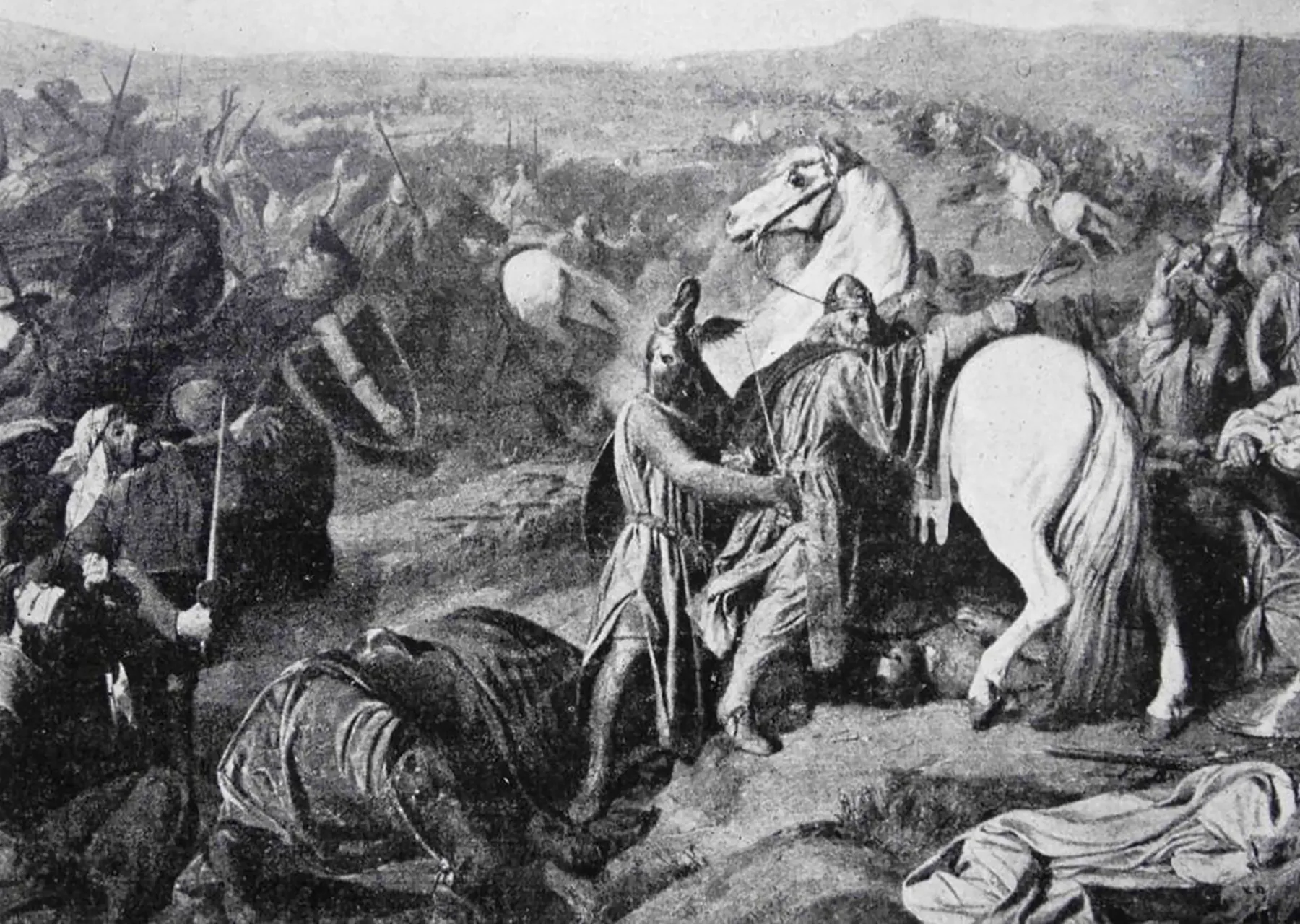
Source of Strength
On September 10, 2024, the official website of Mauritania’s Ministry of Islamic Affairs and Traditional Education published a report tracing key moments in Mauritania’s history, outlining the succession of states that emerged on the land of Chinguetti, including the Saadi dynasty (circa 1510 CE).
The report further detailed how European colonial powers later divided the territory— with the Spanish controlling parts of the south and the French occupying other regions—until the country was fully colonized in 1934.
The report highlights that the colonial takeover was far from easy; Mauritanians waged fierce battles marked by rare acts of Islamic heroism, with many fighters martyred and numerous colonial officers killed.
It notes that colonial domination would have been impossible without the fragmentation of the country into seven weak and rival emirates—an internal division that led to the fall of the last bastions of resistance, paving the way for French occupation.
In 1958, France granted Mauritania nominal independence under what was then known as the “French Community,” leading to the formation of the country’s first government with an Islamic character.
Sources
- The Book Life of Mauritania: Events of the Years [Arabic]
- Islamic Mauritania (Bilad al-Chinguetti) [Arabic]
- Trump and Ghazouani: "Humiliation Beyond Humiliation" [Arabic]
- Abdallah ibn Yasin al-Jazuli, the Founding Father of the Almoravid State [Arabic]
- Writing Mauritania’s History: Highlights of Major Milestones [Arabic]



